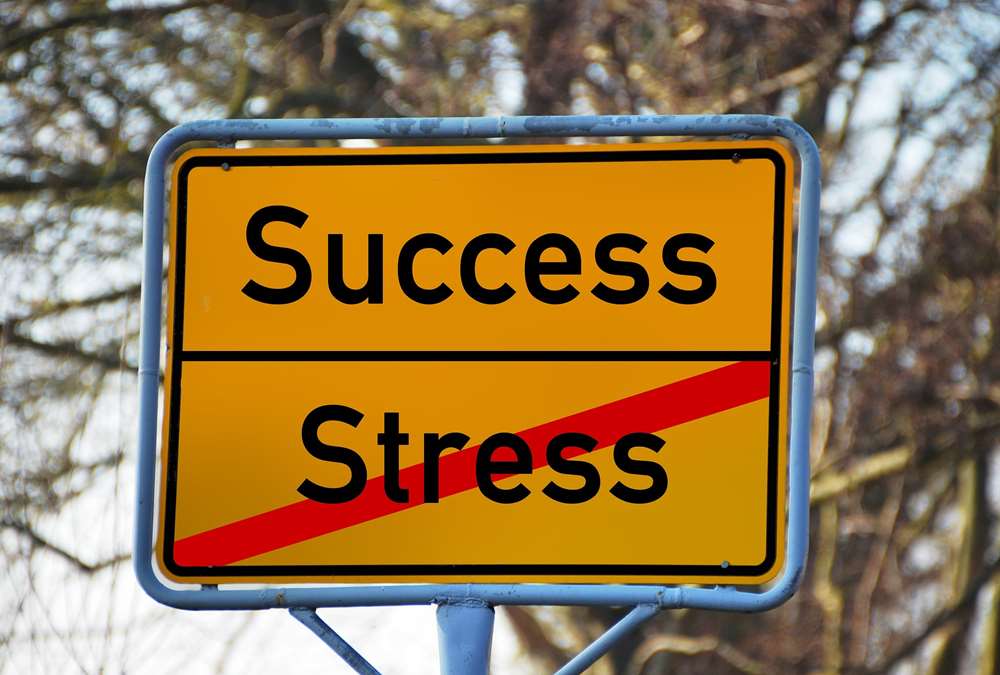
“Time is more precious than money. You can get more money, but you can’t get more time” – Jim Rohn
Time management is the discipline of organizing, allocating, and controlling the time you use for activities so that you get the desired results. Time is a very precious resource. The first step towards improving time utilization is determining how the available time is spent on different types of activities. Although managers understand that time is their most scarce resource, few take the time to get an overview of how they are actually using their time and to keep track of how the priorities they say are most important is how they actually spend. their time.
Like other resources, “time” is also an important resource that has the uniqueness of having a constant one-way flow forward. Spent time cannot be regenerated or stored for later use when needed. This section of will help you learn the steps to managing your time and get suggestions on how to manage time by managing key relationships with your boss, peers, and team.

Stress is a product of the hustle and bustle of modern life. It has taken on serious dimensions since the emergence of industrialism. In fact, stress is a natural, continuous, dynamic and interactive process that occurs when people adapt to their environment. Stress can be caused by positive or negative life events. Distress can cause disease, and eustress or positive stress can promote well-being and increased productivity. Learn to recognize and be responsible for your stress, and learn ways to manage stress.

As an individual, you almost certainly know what stress feels like. Stressors are events or situations that people have to adapt to. Stressors can be physical or psychological in nature. The level of stress intensity is determined not only by exposure, but also by the intensity, duration and frequency of stressors. There are many sources of stress. They arise from multiple domains with both the individual and the environment.
